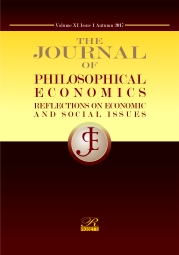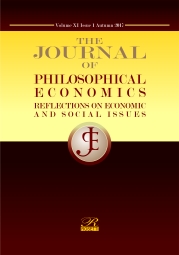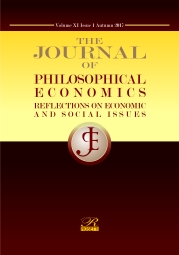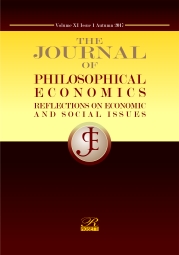
A theory of planning horizons (2): the foundation for an ethical economics
The concept of planning horizons serves as a measure of many unsettled aspects of economic analysis. First and foremost, the notion is ordinal: we speak of ‘horizon effects’ as directional shifts in planning horizons without tallying ‘wits’ or calibrating horizonal axes of change. Second, the derivation of horizon effects is inductive; we simply assert their inherence in the range of factors subsumed within the imagined projections behind all choice. The planning horizon is set wherever surprise supplants expectation; the horizon occurs at the outer range of accurate anticipation, to which we lack clear epistemological access. Planning horizons – horizon effects – suggest a new foundation for an ethical economics of conscience, social maturation and growth. The idea of planning horizons invites a distinction of foresight from myopia in economic constructions. But time horizons are only one aspect of our planning horizons: to see ahead in time we must embrace all relevant causal effects. Foresight depends on knowledge of how reality actually works, which is a matter more of degree than ‘truth’; the planning horizon offers an index of our ‘rational bounds.’ Our range of anticipation is also related to our internalization of social and ecological externalities in our decisions, so to the scope of our ethical conscience and to our sense of human community. Indeed, the organizational health and integrity of our society is horizonal in this sense. The aim of this paper is to explore and develop the concept of planning horizons in its intellectual origins and economic concerns. Its philosophic conceptual roots, methodological underpinnings, psychological insights and economic implications are outlined to show why an economics of planning horizons offers an ethical economics of interdependent dynamic complex systems. With standard doctrines seen as a special case in a larger horizonal frame, social theory embraces an ethical economics with dissimilar institutional implications favoring cooperation.
More...


